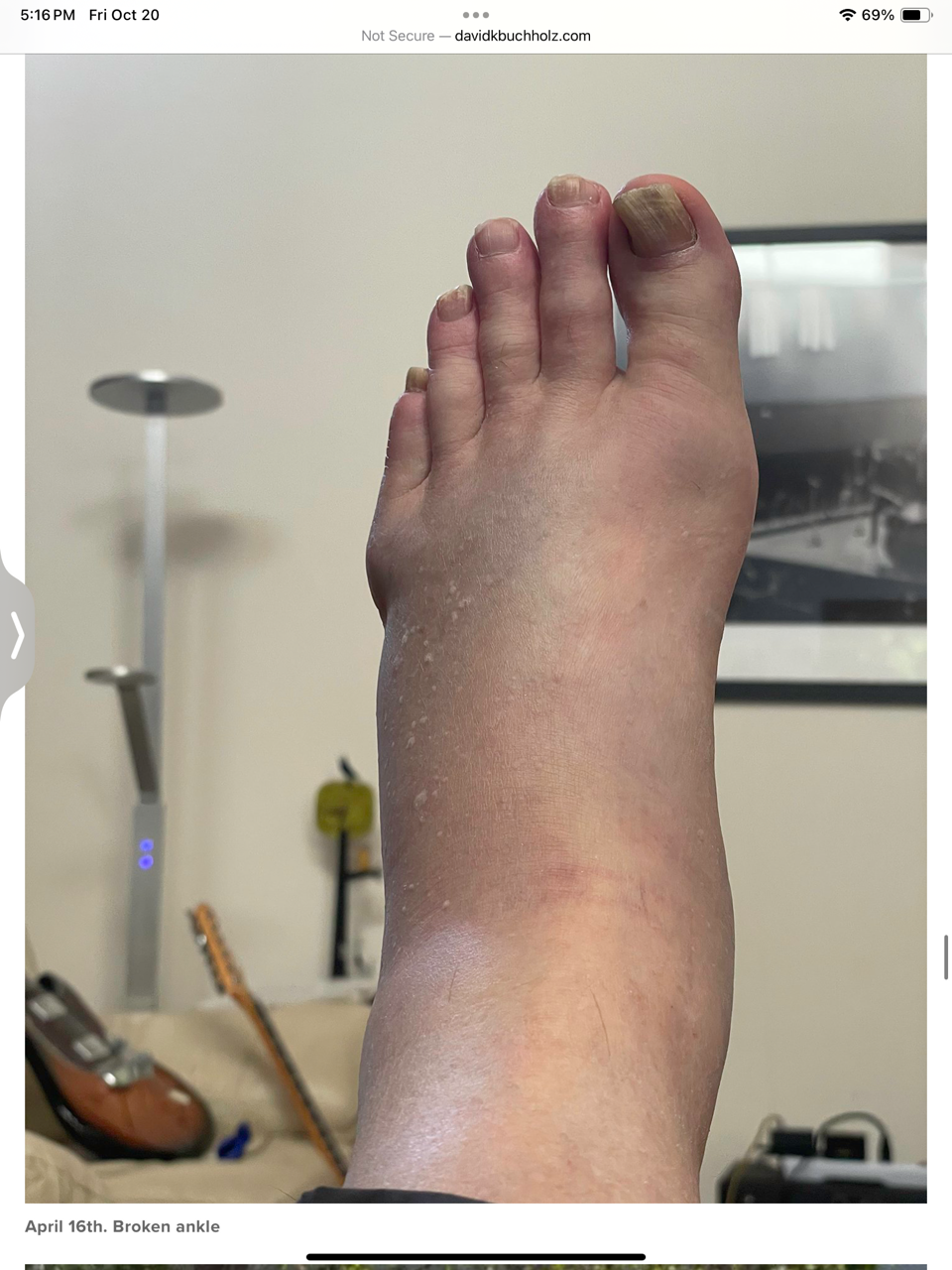Two weeks ago the Republican congress excised cowardly Kevin McCarthy from the position of Speaker of the House. The two immensely unqualified candidates, Steve Scalise and Jim Jordan, failed to impress their colleagues. Jordan, having failed twice to achieve the 217 fellow Republican votes to give him the gavel, is going at it again tomorrow for a third time. Failure is a given. Meanwhile the House is powerless in the midst of two wars—Russia vs. Ukraine and Hamas vs. Israel. And the House is crippled.
But who is Jim Jordan? He’s a congressman from Ohio who in sixteen years has never sponsored legislation. He was an assistant wrestling coach at OSU who was apprised of sexual misconduct by the team doctor and did nothing. He has always defended Donald Trump and has relentlessly attacked Democrats.
But David French, an opinion columnist for the NY Times, captures much more about him and the Republican party when he writes,
The Republican base admires Jordan because it thinks he is tough. It perceives him as a man of courage and strength. He is not. Instead, he is a symbol of the way in which Trumpist Republicans have corrupted the concept of courage itself.
To understand what courage is supposed to be, I turn to a definition from C.S. Lewis: “Courage is not simply one of the virtues but the form of every virtue at the testing point, which means, at the point of highest reality.” It’s a beautiful formulation, one that encompasses both the moral and physical realms and declares that courage is inseparable from virtue.
Lewis’s definition presents us with the sobering realization that we don’t truly know if we possess a virtue unless and until it is tested. We can believe we’re honest, but we won’t know we’re truly honest unless we have the courage to tell the truth when the truth will cost us something we value. We can believe we’re brave, but we don’t know if we are until we show it when we face a genuine physical risk.
When I meet a virtuous person, I also know that I’m meeting a person of real courage. A lifetime of virtue is impossible absent courage. Conversely, when I see a person consumed with vice, I also know that I’m likely in the presence of a coward, a person whose commitments to virtue could not survive the tests of life.
Now contrast the Lewis vision of courage with the courage or toughness lionized on the MAGA right. From the beginning of the Trump era, the entire concept of courage was divorced from virtue and completely fused with two terrible vices: groveling subservience and overt aggression.
The subservience, of course, is to the demands of Donald Trump, the right-wing media or the angry Republican base. The command is clear: Do what we say. Hate who we hate. But how can anyone think that such obedience equals courage? Because in this upside-down world, aggression is equated with toughness and bullying is exalted as bravery.
Few politicians personify this distortion of courage into cowardice better than Jim Jordan, and it is a sign of the decline of the Republican Party that he was even considered for the speaker’s chair, much less a few votes away from becoming the most powerful Republican elected official in the nation, second in line to the presidency.
Is there anything that qualifies him for the position other than his subservience and aggression? His legislative record is extraordinarily thin. As Aaron Blake meticulously documented in The Washington Post, during Jordan’s 16 years in Congress, he hasn’t passed a single bill of his own. According to the Center for Effective Lawmaking, he’s consistently one of the least-effective members in the entire Republican Party.
What is Jim Jordan good at, exactly? He’s a Donald Trump apologist, a performative pugilist and a Fox News fixture. The liberal watchdog group Media Matters for America collected data showing that as of this month, Jordan had been on Fox 565 times since August 2017, including 268 appearances in weekday prime time. In a party that now prizes performance over policy, each of these Fox appearances builds his résumé far more than legislation ever could.
But for sheer subservient aggression, nothing matches his enthusiastic participation in Trump’s effort to steal the 2020 election. The final report of the House Select Committee to Investigate the January 6th Attack on the United States Capitol calls him a “significant player” in Trump’s scheme.
As the committee records, “On Jan. 2, 2021, Representative Jordan led a conference call in which he, President Trump, and other Members of Congress discussed strategies for delaying the January 6th joint session.” On Jan. 5, “Jordan texted Mark Meadows, passing along advice that Vice President Pence should ‘call out all the electoral votes that he believes are unconstitutional as no electoral votes at all.’” He spoke to Trump at least twice on Jan. 6 itself and voted against certifying the election results, even after the Trump mob stormed the Capitol. In 2022, he defied a Select Committee subpoena.
Never forget that this reckless aggression was all in service of some of the most absurd conspiracy theories and legal arguments in modern American political history. Every Republican who voted against certifying the presidential election was the very definition of a coward. When the virtue of integrity reached its testing point, they collapsed. But, bizarrely enough, they often collapsed with a swagger, casting themselves as tough even as they capitulated to the demands of a corrupt president and a frenzied mob.
That MAGA aggression has spilled over to the speaker fight itself. As The Times reported on Saturday, “lawmakers and activists” close to Jordan “have taken to social media and the airwaves to blast the Republicans they believe are blocking his path to victory and encourage voters to browbeat them into supporting Mr. Jordan.”
He concludes,
The battle over the next speaker is yet another proxy fight for the soul of the American right, and the fact that a man like Jim Jordan has come so close to such extraordinary power is proof that the rot runs deep. Only a very small minority of elected Republicans have passed the test. Signs of courage remain, but as long as men like Jim Jordan and Donald Trump run the G.O.P., the bullies still reign.






























































